Hey there, folks! Diwali, the festival of lights, is just around the corner, and we're all gearing up for the grand celebrations. One of the most essential aspects of Diwali is the age-old tradition of performing poojas to seek blessings for prosperity, happiness, and well-being. And what better way to adorn your puja room than with vibrant and fragrant flowers? In this blog, we'll take you on a floral journey, exploring seven beautiful flowers perfect for Diwali poojas.
Marigold
Let's kick things off with a classic favourite - the marigold. These golden beauties are a symbol of purity and auspiciousness, making them a perfect choice for Diwali celebrations. The vibrant orange and yellow hues of marigolds are believed to bring in positivity and ward off negativity. You can string them together to create garlands, use them as torans (door hangings), or float them in bowls of water for a stunning visual display during your Diwali pooja.
Rose
Roses, with their velvety petals and enchanting fragrance, are a timeless symbol of love and devotion. During Diwali, red and pink roses are often used to decorate the puja room. They add a touch of elegance and love to the atmosphere, reminding us of the importance of family and relationships during this festival of togetherness.
Jasmine
The sweet scent of mogra flowers is enough to transport you to a serene garden. Jasmine is revered in Hindu culture for its association with devotion and purity. It's often used to decorate idols and deities during Diwali. Placing a few mogra blooms in your puja thali (worship plate) adds a divine fragrance to your rituals. Plus, the delicate white petals represent the purity of the soul.
Lotus
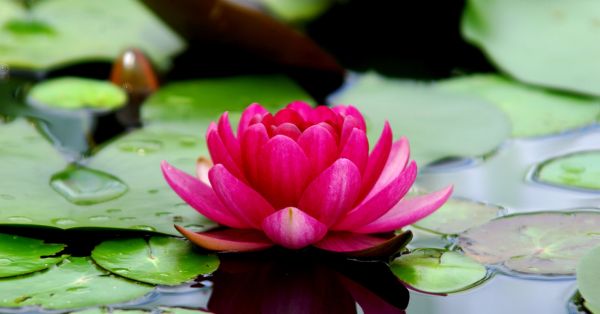
The lotus holds a special place in Hinduism, symbolizing beauty, wealth, and the divine. Its ability to bloom in muddy waters represents the idea of rising above challenges. For Diwali, lotus flowers can be used to adorn the puja thali or even placed in a small bowl of water with a floating diya (lamp). The elegance of the lotus adds an ethereal touch to your pooja setup.
Hibiscus
Hibiscus, known as "Japa Pushpa" in Hindu tradition, holds a significant role in religious ceremonies and poojas. Its vibrant red petals symbolize devotion and purity, making it a popular choice for offerings to deities. Hibiscus is associated with deities like Goddess Kali and Lord Ganesha, symbolizing the offering of one's heart and soul. Its striking appearance makes it a cherished pooja flower, fostering a sense of spiritual connection and reverence in Hindu rituals.
Chrysanthemum
Chrysanthemums, or shevanti in Hindi, are known for their vibrant colors and resilience. They are believed to represent longevity and good fortune. The bright and cheerful appearance of chrysanthemums makes them a popular choice for Diwali decorations. You can use them as part of your rangoli (decorative designs made with colored powders or petals) or simply place them in vases around your puja room for a burst of color.
Aparajita
Aparajita, also known as the "Butterfly Pea" or "Shankhpushpi," is a popular choice for pooja (prayer) ceremonies in India. Its vibrant blue petals symbolize divinity and purity, making it a cherished offering to deities. Aparajita's fragrant blooms and rich cultural significance make it a meaningful addition to religious rituals.
In conclusion, Diwali is a time of joy, hope, and spiritual renewal. The use of these seven pooja flowers not only adds a visual and olfactory delight to your celebrations but also deepens the spiritual connection with the divine. So, go ahead and let your puja room bloom with the colours, fragrances, and positivity that these flowers bring. May your Diwali be filled with light, love, and the blessings of these beautiful blooms.
Remember, it's not just about the flowers you use but the intention and devotion with which you perform your Diwali pooja that truly matters.
Happy Diwali, everyone!
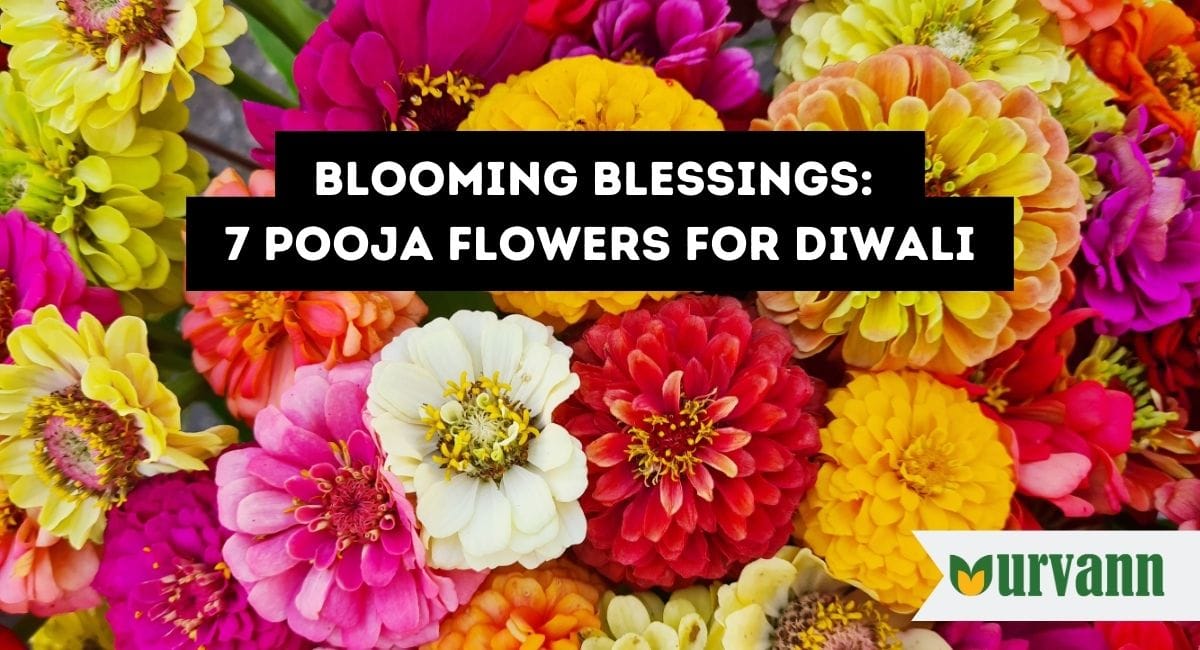
.jpg)
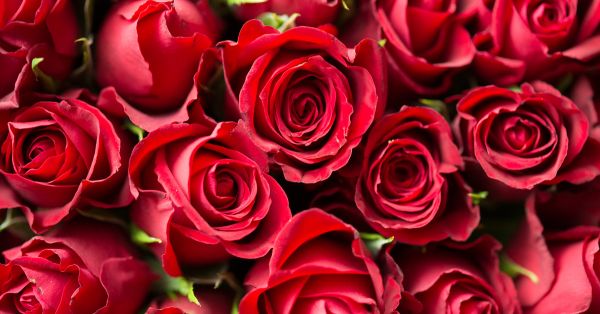
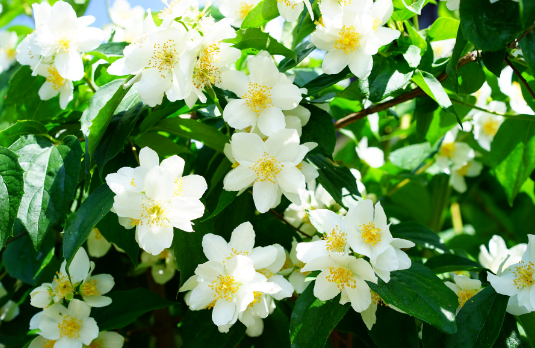
.jpg)
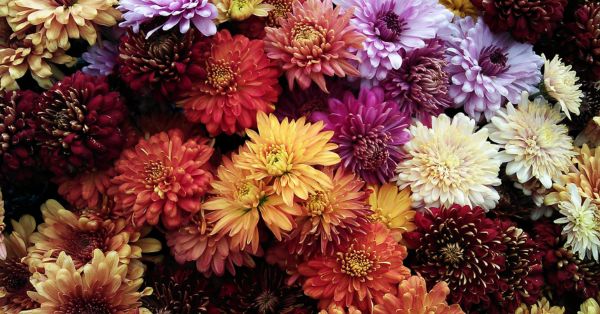
.jpg)

0 Comment